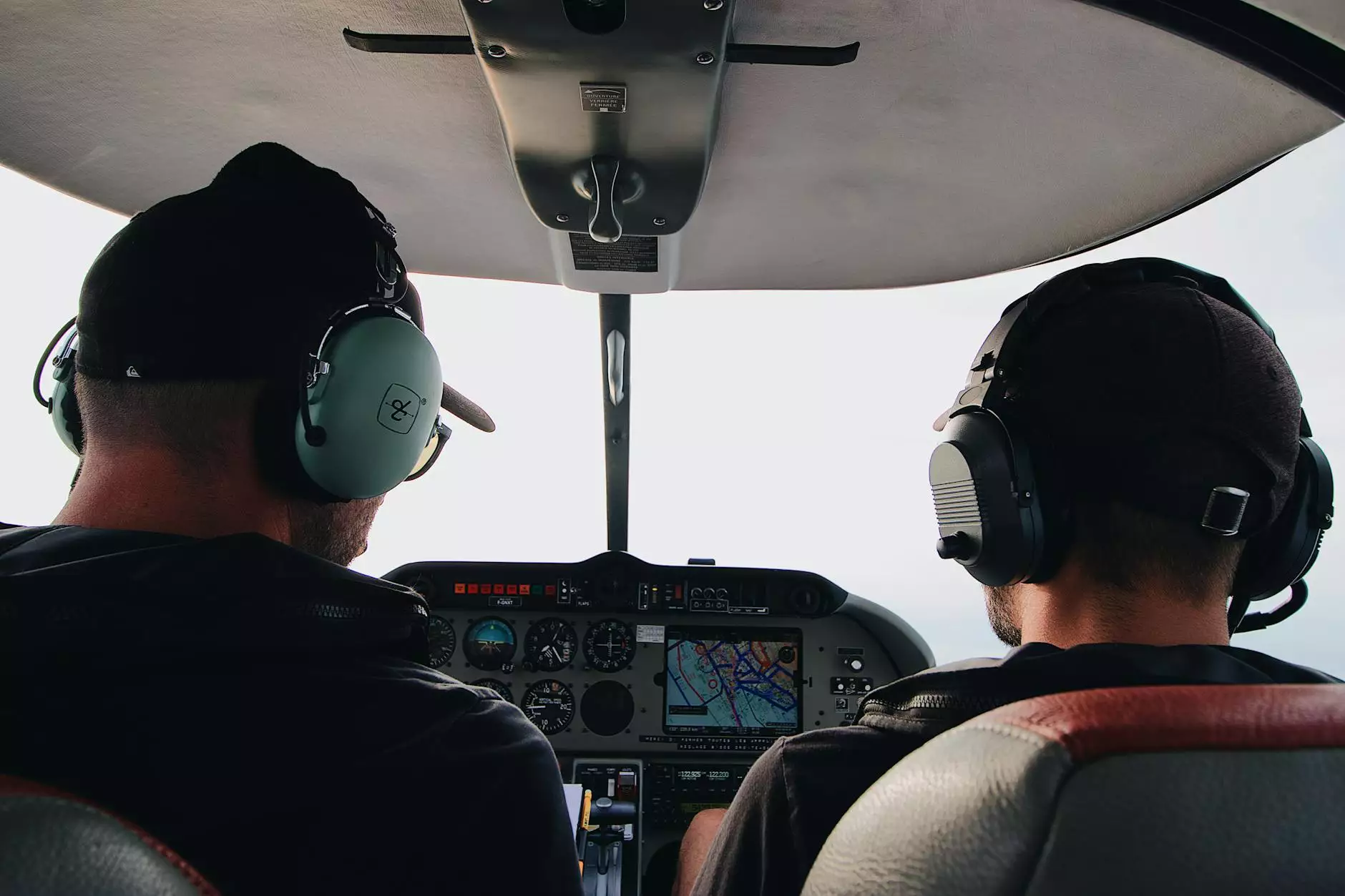Unveiling the Future of the Aircraft Crew Industry: A Comprehensive Analysis of crew air france

In the rapidly evolving realm of global aviation, the significance of *aircraft crew* management cannot be overstated. The airline industry is constantly adapting to new challenges, from technological advancements to customer service expectations. A prominent player in this domain, crew air france, exemplifies the industry’s commitment to excellence, innovation, and operational efficiency. This article delves into the multifaceted world of *crew air france*, highlighting its strategic importance within the broader context of the aviation sector, and offering insights into how this niche industry continues to propel business growth and technological development.
Understanding the Role of crew air france in the Aviation Industry
The phrase crew air france encapsulates a broad spectrum of functions essential for the safe and efficient operation of airlines. It refers to the collective activities of flight attendants, cockpit crew, ground staff, and management tasked with maintaining operational standards. More specifically, it involves the recruitment, training, scheduling, and well-being of the cabin crew and pilots who deliver the airline’s service quality across international and domestic routes.
The Significance of Crew Management in Airline Business Success
Effective *crew air france* management is an integral part of the airline’s strategic framework. It directly impacts customer satisfaction, safety compliance, operational efficiency, and cost management. Airline executives recognize that well-trained, motivated crews not only enhance passenger experience but also reduce risks associated with human error. As airlines like air france continue to expand their networks, the importance of seamless crew management becomes even more apparent.
Key Components of the crew air france System
- Recruitment and Selection: Identifying highly qualified candidates who demonstrate excellent communication skills, professionalism, and adaptability.
- Training and Certification: Providing rigorous training programs covering safety procedures, emergency protocols, customer service, and cultural sensitivity to ensure crew readiness.
- Scheduling and Rostering: Utilizing advanced algorithms and software solutions to optimize crew schedules, reduce fatigue, and maximize operational efficiency.
- Performance Monitoring and Feedback: Implementing continuous evaluation systems to maintain high standards of service and safety.
- Well-being Programs: Offering mental health support, wellness programs, and leisure initiatives to promote crew satisfaction and longevity in their careers.
Technological Innovations Shaping the Industry
Modern *crew air france* operations leverage cutting-edge technology to streamline management processes, enhance safety, and improve customer experiences. Some key innovations include:
- Automated Scheduling Systems: AI-driven tools that balance crew availability, legal work-hour restrictions, and route demands.
- Virtual and Augmented Reality Training: Immersive simulation environments that prepare crew members for emergencies and complex service scenarios.
- Electronic Crew Binders and Mobile Apps: Digital platforms enabling real-time access to schedules, manuals, and communication channels.
- Predictive Analytics: Data analysis tools that forecast crew needs, maintenance issues, and passenger demand to optimize resource allocation.
Business Strategies Driving Growth in crew air france
To maintain a competitive edge, *crew air france* adopts numerous business strategies focused on innovation, customer engagement, and operational excellence. These strategies include:
- Global Talent Acquisition: Partnering with international recruiting agencies to attract diverse, highly skilled crew members.
- Emphasis on Service Excellence: Cultivating a culture of hospitality and professionalism among crew members to differentiate air france from competitors.
- Sustainability and Corporate Social Responsibility: Integrating eco-friendly practices in crew training and operational routines to appeal to environmentally conscious travelers.
- Enhanced Safety Protocols: Continuously updating safety procedures to comply with international regulations and incorporate emerging best practices.
Challenges and Opportunities in the *crew air france* Sector
While the *crew air france* industry presents significant growth potential, it also faces several challenges that require strategic responses:
Challenges
- Workforce Shortages: The global pilot and cabin crew shortages demand proactive recruitment and retention strategies.
- Regulatory Compliance: Navigating complex international labor laws requires ongoing monitoring and adaptation.
- Technological Disruptions: Rapid advancements necessitate continuous staff training and integration efforts.
- Economic Fluctuations: Economic downturns can impact airline profitability, influencing crew employment and benefits.
Opportunities
- Expansion into Emerging Markets: Increasing travel demand in Asia-Pacific, Africa, and Latin America presents new crew deployment opportunities.
- Innovation in Crew Experience: Investing in crew wellness and career development boosts job satisfaction and lowers turnover.
- Partnerships and Alliances: Collaborations with educational institutions and industry bodies can facilitate talent pipelines and shared best practices.
- Sustainable Aviation Initiatives: Leading sustainability efforts can enhance brand reputation and open access to eco-conscious travelers.
Why the *crew air france* Model Is a Benchmark for the Industry
Air france’s approach to *crew management* epitomizes industry best practices. It balances technological innovation with a deep commitment to human capital development. The airline’s focus on continuous training, safety, and customer experience sets a high standard that competitors strive to emulate.
Moreover, *crew air france* exemplifies how integrating sustainability and social responsibility into crew operations can serve as a strategic differentiator. This proactive approach enhances brand loyalty among travelers who increasingly value ethical and sustainable practices.
Future Outlook: The Road Ahead for *crew air france* and the Airline Industry
The airline industry is poised for transformative growth in the coming decades, driven by technological innovation, evolving customer preferences, and geopolitical shifts. In this landscape, the *crew air france* model will continue to evolve, emphasizing flexibility, technological integration, and crew well-being.
Potential developments include:
- Increased Use of Artificial Intelligence: Enhancing scheduling, training, and safety monitoring.
- Remote and Virtual Collaboration: Facilitating global teamwork and training programs.
- Focus on Diversity and Inclusion: Creating more inclusive work environments that attract talented individuals worldwide.
- Greater Emphasis on Sustainability: Incorporating eco-friendly practices into every aspect of crew management and training.
Conclusion: The Power of Strategic *crew air france* Operations Will Define Industry Success
In conclusion, the *crew air france* sector exemplifies how innovative management, technological integration, and a steadfast commitment to safety and service excellence can propel the airline industry forward. As the sector navigates complex challenges and leverages emerging opportunities, companies that prioritize comprehensive crew management strategies will be best positioned to thrive in the competitive landscape.
For businesses aiming to understand the nuances of *crew air france* and incorporate best practices into their own operations, continual learning and adaptation are key. The future of airline *crew management* is bright, promising enhanced safety standards, improved passenger experiences, and sustainable growth that benefits all stakeholders.









